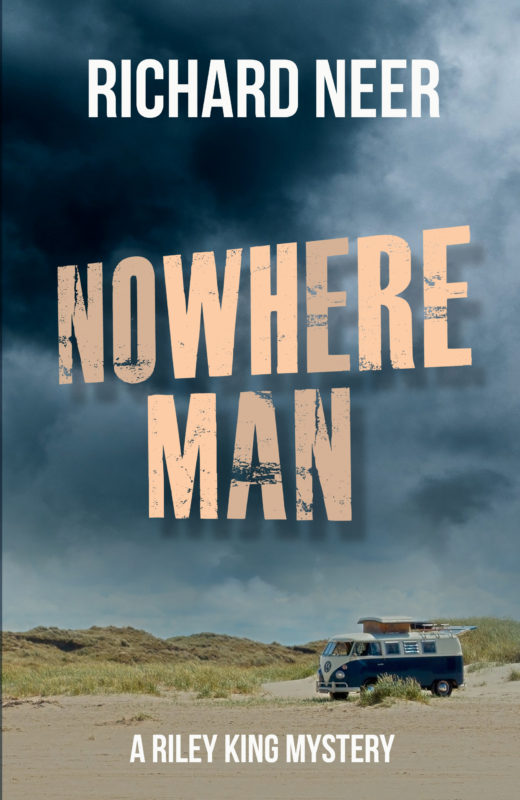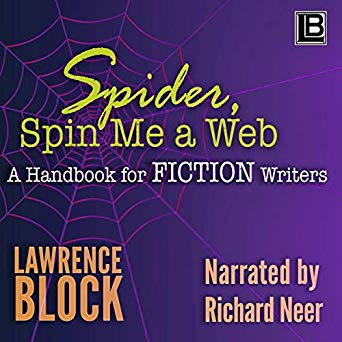 David Brooks wrote an Op-Ed piece in Friday’s New York Times about the phenomena of “bailing”, which he defines as skipping out on commitments at the last minute, often for no good reason. He posits that the Smartphone has made it easier to do this, because it avoids direct human contact — having to face the other’s disappointment at the rejection.
David Brooks wrote an Op-Ed piece in Friday’s New York Times about the phenomena of “bailing”, which he defines as skipping out on commitments at the last minute, often for no good reason. He posits that the Smartphone has made it easier to do this, because it avoids direct human contact — having to face the other’s disappointment at the rejection.
It’s a thought provoking piece and if people take it to heart, it may nudge their behavior in a more positive direction. But I was surprised by the number of commenters who opined that Brooks was wasting valuable space in the Times when he could be writing about more important things.
First off, do we really need another column defending/castigating the Affordable Care Act or Trump’s tweets? Sadly, we are so polarized as a nation that I doubt many people are receptive to persuasion. Their collective minds are made up, and they don’t want to hear reasonable arguments from the other side. We live in our own bubbles. If we pay attention to opposing views at all, it is merely to prepare a counter, rather than allowing that they may make some points worth considering.
And who is to say that a plea for common courtesy isn’t important? If I am looking forward to a big night tomorrow and a friend casually blows it off at the last minute, this will affect me more directly than a politician ripping a talk show host. That is not to say that our leaders’ actions have no consequences, but that a steady drumbeat focusing on one person isn’t moving the needle, whereas a piece like Brooks’ may alter our behavior the next time we consider selfishly hurting a friend.
There’s room for both. Just because Brooks doesn’t solve the North Korean nuke issue, it doesn’t mean his ideas are unworthy of the paper of record. 7/7/17
















